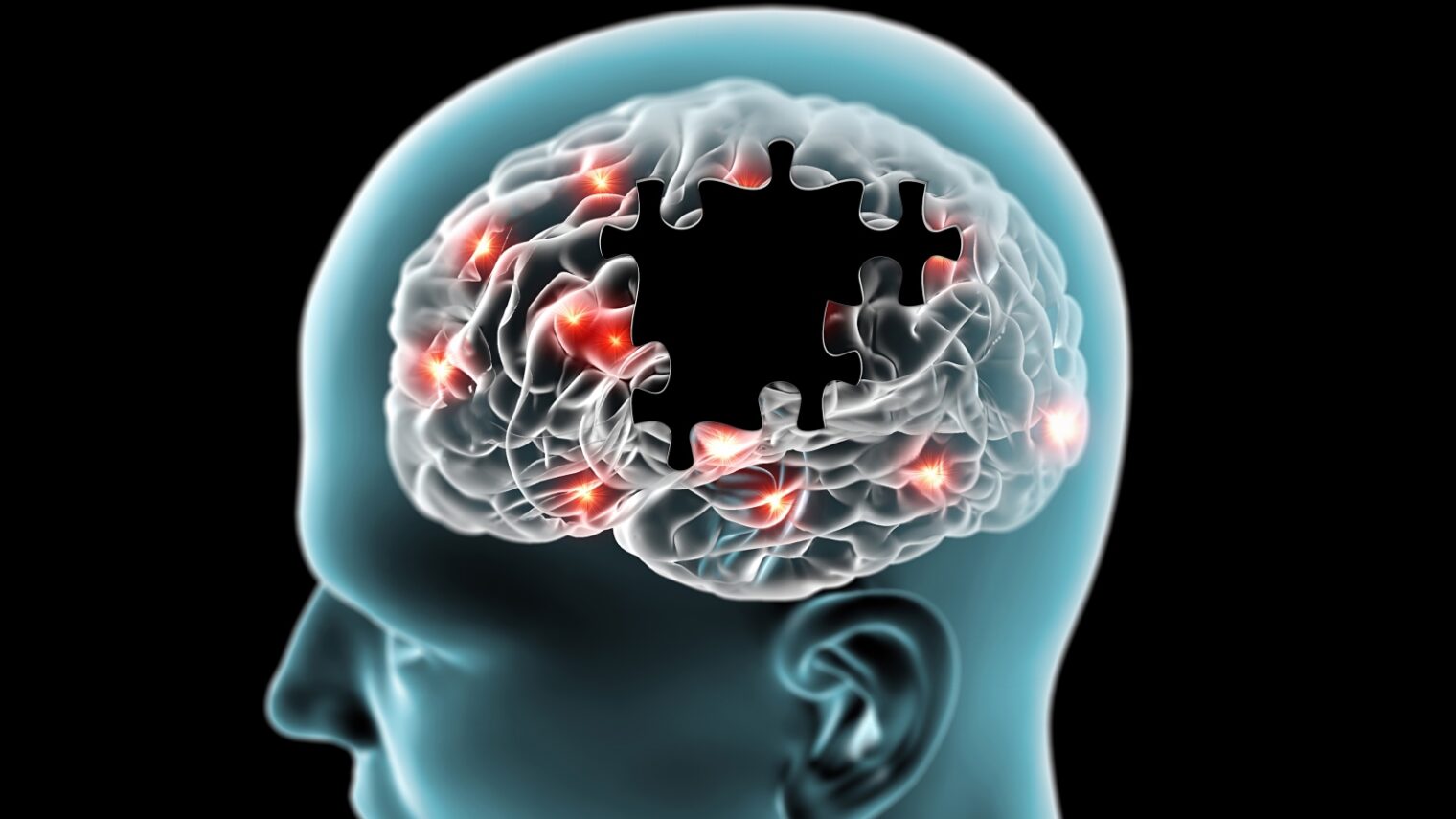An Israeli-led international study featured on the cover of The Journal of Neuroscience in February, holds the promise of advancing the field of cell-replacement therapy for people with Parkinson’s disease (PD).
PD, which affects millions of people worldwide, causes devastating motor symptoms due to a loss of dopamine-secreting brain cells (dopaminergic neurons). Although there is no cure for PD, its symptoms can be treated.
Over the past few years, scientists discovered that human stem cells can be differentiated into dopaminergic neurons for modeling of Parkinson’s disease, drug screening and cell replacement therapy.
However, the yield of stem cell-derived dopaminergic neurons is low due to a poor understanding of the molecular mechanisms directing the embryonic development of dopaminergic neurons. This significantly limits the potential of cell-replacement therapy for PD.
In the new study, Ben-Gurion University of the Negev researchers discovered that proteins called BMP5/7 are essential for the embryonic development of dopaminergic neurons.
More efficient programming of stem cells
“Notably, we demonstrated that BMP5/7 robustly increase the differentiation of human-induced pluripotent and induced neural stem cells to dopaminergic neurons,” said lead author Dr. Claude Brodski of the Department of Physiology and Cell Biology, Faculty of Health Sciences and the Zlotowski Center for Neuroscience.
“Taken together, our results provide critical information in order to more efficiently program stem cells to dopaminergic neurons, thus critically increasing graft outcome and reducing side effects after transplantation in cell-replacement therapies currently developed for Parkinson’s disease,” said Brodski.
The researchers also identified that the intracellular signaling protein SMAD1 plays a critical role in the process of dopaminergic neurons. Interestingly, SMAD1 is required for the development of substantia nigra neurons in particular, which are the brain cells that predominantly degenerate in patients with PD.
Brodski’s research was done in collaboration with colleagues at BGU (Vukasin M. Jovanovic, Hadas Tilleman, Ksenija Zega and Marin M. Jukic) as well as Ahmad Salti and Frank Edenhofer of the Leopold Franzens University in Innsbruck, Austria; Hongyan Zou and Roland H. Friedel of the Friedman Brain Institute at Icahn School of Medicine at Mount Sinai, New York; Nilima Prakash from the University of Applied Sciences in Hamm, Germany; and Sandra Blaess at the Institute of Reconstructive Neurobiology, University of Bonn.
The study was funded by the Israel Science Foundation and the United States-Israel Binational Science Foundation.














